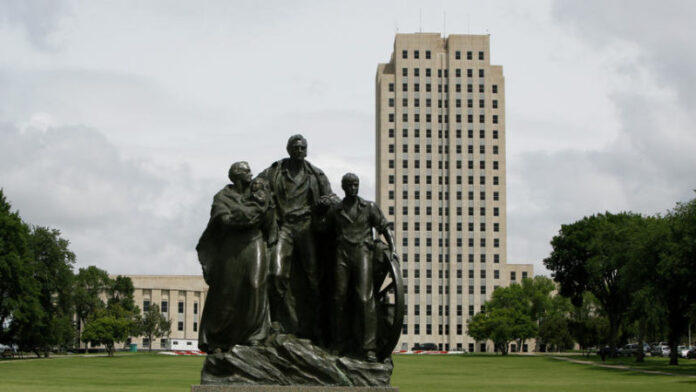The North Dakota Department of Commerce has announced the award of $1,168,199 in Energy Conservation Grants (ECG) to communities across the state. These grants are part of the department’s ongoing initiative to support energy efficiency improvements in public buildings, benefiting local governments through funding for sustainable projects aimed at reducing energy costs.
The ECG program provides up to $100,000 in funding for eligible projects, with a requirement for a 50% cash match from local governments. Projects are considered on a first-come, first-served basis and focus on energy-saving initiatives such as lighting upgrades, insulation enhancements, and energy-efficient window installations.
“This program is truly empowering North Dakota communities,” said Maria Effertz, Director of the Community Services Division at the North Dakota Department of Commerce. “Through these investments, we’re not only improving energy efficiency and cutting costs, but also creating safer, more welcoming environments for residents, students, and employees across the state.”
Among the recipients of this year’s funding, Ashley Public Schools implemented energy-saving measures by installing motion-sensor LED lighting. Superintendent and Elementary Principal Jason Schmidt noted, “The new motion-sensor lighting creates a brighter, more focused learning environment for students and staff while also conserving energy. We’re grateful for this investment in our school that supports both education and long-term sustainability.”
The City of Gwinner also utilized the ECG funding to enhance its water treatment plant. The improvements included the installation of new LED lighting and windows, significantly improving both workplace conditions and security. “Wow! We can actually see in there now,” said Jessica Petersen, City Auditor for Gwinner. “The ECG grant allowed us to replace the entire interior with new LED lighting and install two new office windows. It’s made a huge difference, improving security and making the work environment much safer for our employees.”
The ECG program is available to nonfederal public buildings owned by political subdivisions, such as city and county buildings, public schools, and other municipal facilities. By supporting energy-efficient upgrades, the program helps communities not only reduce operating costs but also invest in long-term environmental sustainability.




